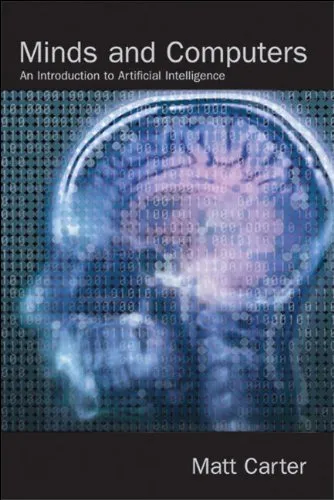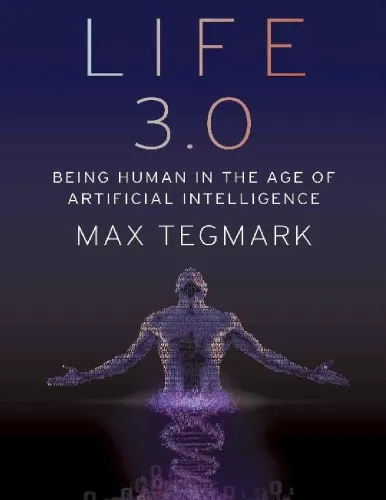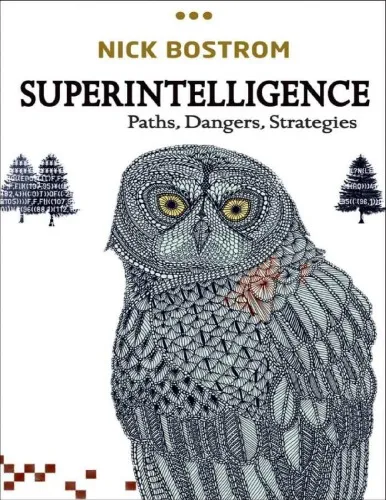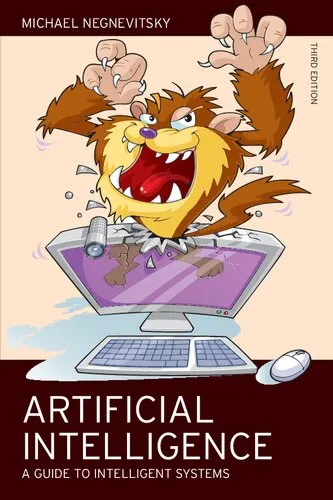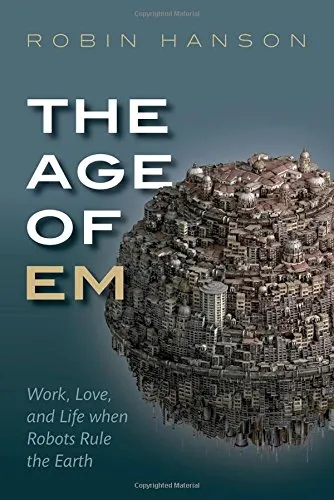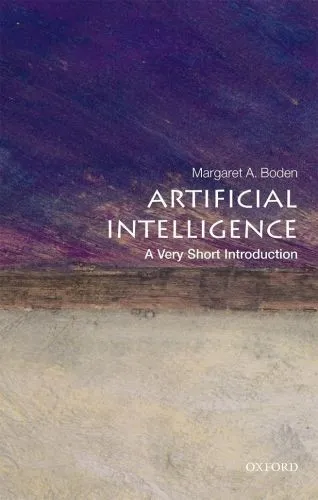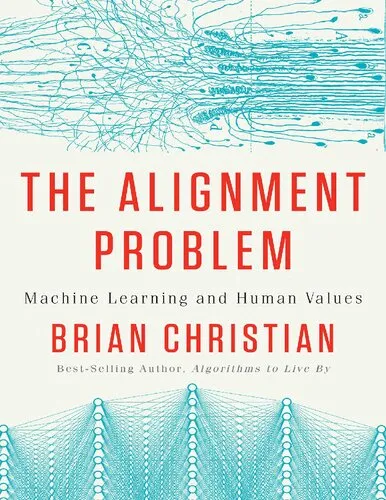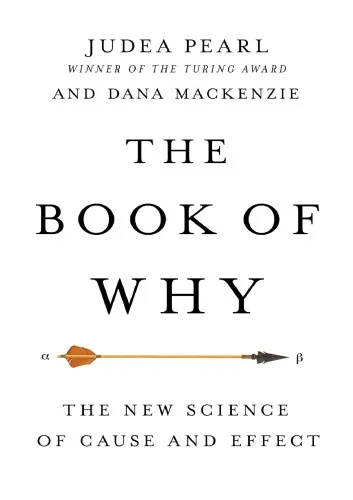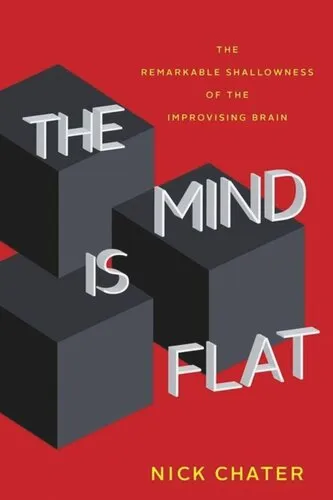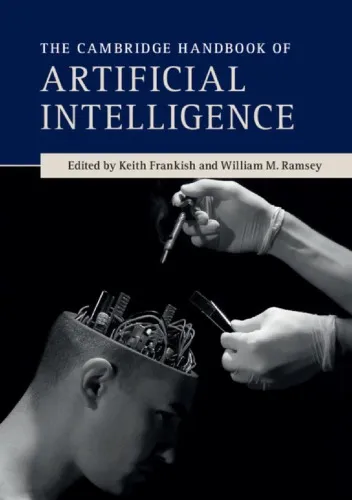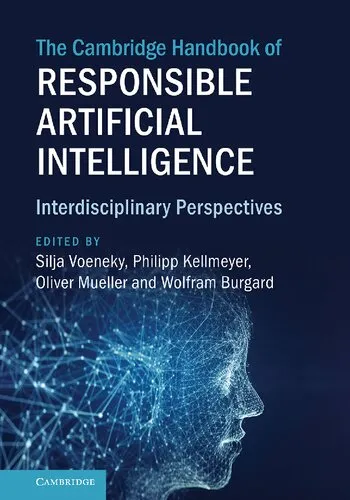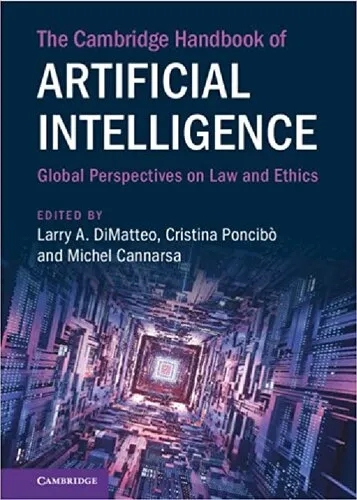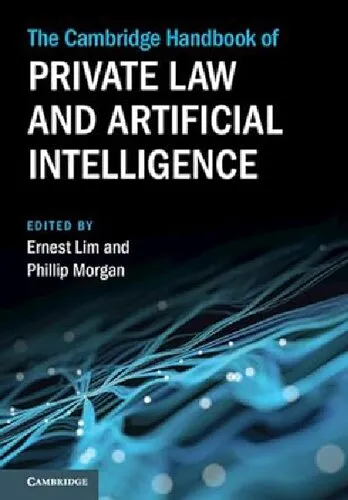Minds and Computers: An Introduction to the Philosophy of Artificial Intelligence
3.5
Reviews from our users

You Can Ask your questions from this book's AI after Login
Each download or ask from book AI costs 2 points. To earn more free points, please visit the Points Guide Page and complete some valuable actions.کتاب های مرتبط:
Persian Summary
Introduction to Minds and Computers
Welcome to the illuminating world of "Minds and Computers: An Introduction to the Philosophy of Artificial Intelligence." This book delves into the fascinating intersection of philosophy and artificial intelligence, providing readers with a comprehensive understanding of how minds and machines converge in the realm of intelligent agents. Whether you are a student, an academic, or simply someone curious about the profound questions concerning consciousness and computation, this book offers insightful perspectives and critical analyses.
Detailed Summary of the Book
"Minds and Computers" traverses the philosophical underpinnings of artificial intelligence by discussing the foundational questions and theories that define the discipline. The book begins by situating artificial intelligence within the broader philosophical context, exploring how concepts like cognition, consciousness, and intelligence have been contemplated historically. It progresses by examining the seminal contributions of thinkers such as Alan Turing and John Searle, offering critical analysis of their theories, including the Turing Test and the Chinese Room argument.
Throughout the chapters, readers are encouraged to ponder whether machines can truly possess a mind or if their capabilities are mere simulations of human intelligence. The book covers essential topics such as computationalism, functionalism, and connectionism, providing a balanced view of the debates around strong versus weak AI, and the implications of machine learning and neural networks.
Key Takeaways
- Gain a nuanced understanding of how philosophical thought intersects with advancements in artificial intelligence.
- Explore major philosophical theories and their implications for artificial intelligence, offering insights into both historical context and modern developments.
- Develop critical thinking skills by engaging with classic arguments such as the mind-body problem and the debate over machine consciousness.
- Understand the ethical and philosophical considerations developers, scientists, and policymakers face when progressing AI technologies.
Famous Quotes from the Book
"The question is not whether a machine can think, but what we mean when we talk about thinking machines."
"Asking whether a machine can have a mind often mirrors our fears and hopes about our own nature."
Why This Book Matters
"Minds and Computers" holds significant relevance in today's rapidly evolving technological landscape. As artificial intelligence continues to permeate various aspects of life, it becomes increasingly vital to understand its philosophical and ethical dimensions. This book equips readers with the conceptual tools needed to critically assess emerging AI technologies and their broader societal implications.
Additionally, the book serves as a critical resource for anyone interested in the ongoing debates about consciousness, intelligence, and the nature of reality. By contemplating the philosophical questions posed by AI, we are better prepared to navigate the ethical challenges and innovations that lie ahead. This engagement not only enriches our understanding of AI but also deepens our comprehension of what it means to be human in a technologically driven world.
Free Direct Download
You Can Download this book after Login
Accessing books through legal platforms and public libraries not only supports the rights of authors and publishers but also contributes to the sustainability of reading culture. Before downloading, please take a moment to consider these options.
Find this book on other platforms:
WorldCat helps you find books in libraries worldwide.
See ratings, reviews, and discussions on Goodreads.
Find and buy rare or used books on AbeBooks.
1486
بازدید3.5
امتیاز0
نظر98%
رضایتReviews:
3.5
Based on 0 users review
Questions & Answers
Ask questions about this book or help others by answering
No questions yet. Be the first to ask!
